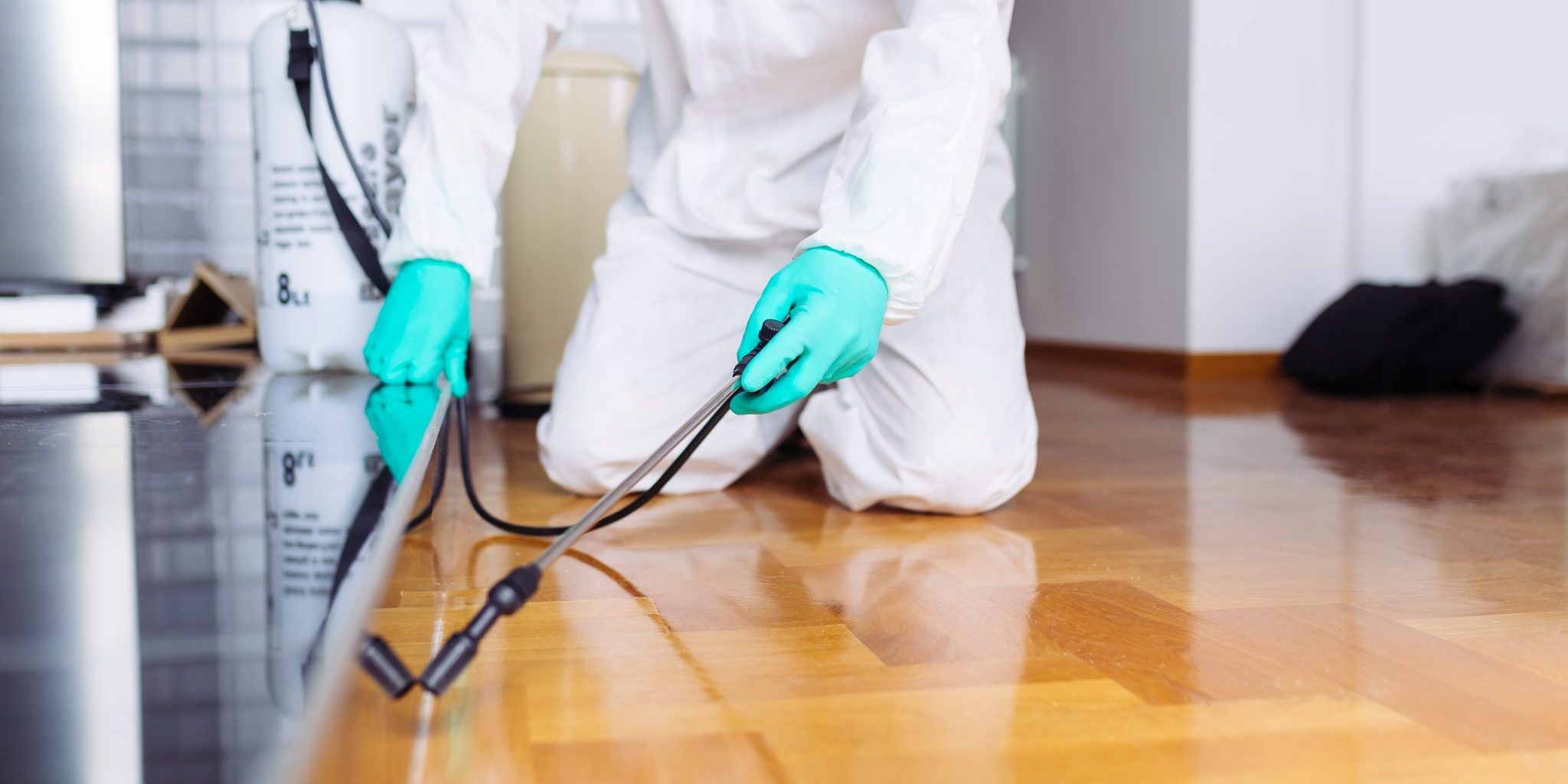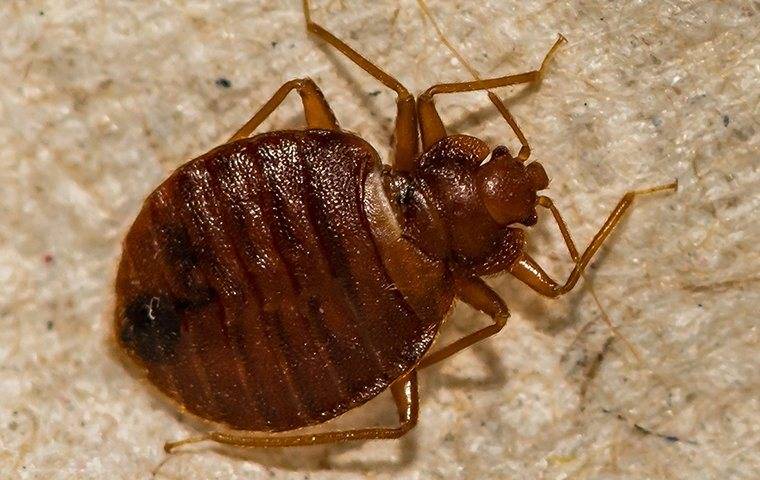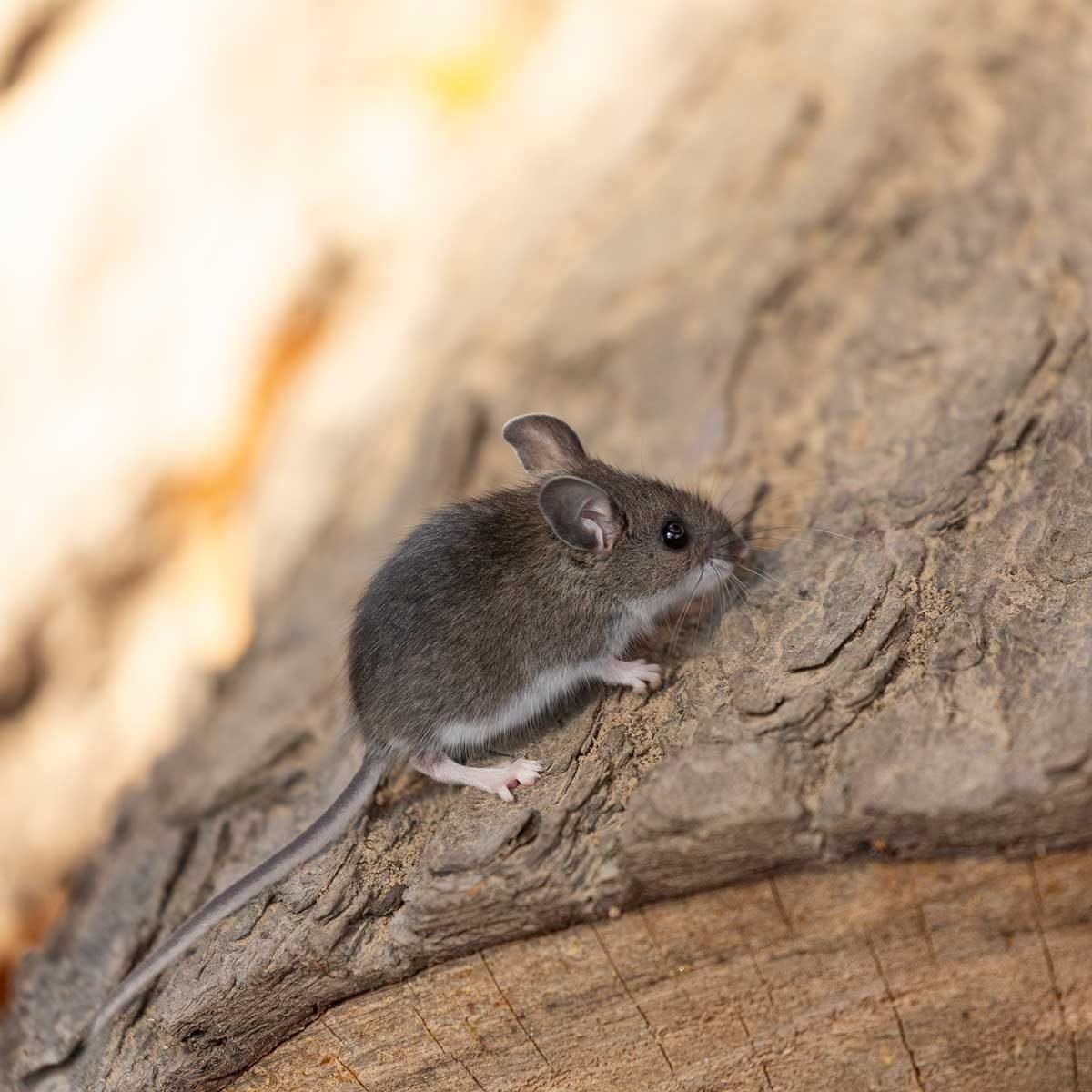Introduction
As awareness about the impact of traditional pesticides on the environment and human health grows, more people are seeking eco-friendly alternatives for pest control. Fortunately, the market is now brimming with a variety of sustainable pest control products that are both effective and safe. In this blog, we will explore some popular eco-friendly pest control products and their effectiveness in tackling common household pests.
Neem Oil
Derived from the neem tree, neem oil is a natural insect repellent and pesticide. It works by disrupting the hormonal systems of insects, inhibiting their feeding and breeding. Neem oil is highly effective against a range of pests, including aphids, mealybugs, mites, and caterpillars. It is safe for humans, animals, and beneficial insects, making it an excellent choice for eco-conscious gardeners.
Effectiveness: Neem oil has proven to be a powerful tool in controlling pest populations when used correctly. It may require repeated applications for persistent infestations, but its low toxicity and minimal environmental impact make it a top eco-friendly choice.
Diatomaceous Earth
As mentioned in the previous blog, diatomaceous earth (DE) is a non-toxic powder composed of fossilized algae. DE works by dehydrating and abrading the exoskeletons of insects, leading to their demise. It is effective against cockroaches, ants, bedbugs, and other crawling insects.
Effectiveness: Diatomaceous earth is highly effective in controlling pests when applied directly to their habitat. However, it requires dry conditions to work efficiently, and it may not be as effective against flying insects or pests with protective coverings.
Beneficial Nematodes
Beneficial nematodes are microscopic roundworms that are safe for humans, animals, and plants but deadly to many soil-dwelling pests, such as fleas, grubs, and certain caterpillars. These nematodes actively seek out and infect their target pests, breaking the pest life cycle.
Effectiveness: Beneficial nematodes are potent natural predators that can significantly reduce pest populations. They are particularly effective in controlling soil-dwelling pests, but their success depends on appropriate application and environmental conditions.
Cedarwood Products
Cedarwood has natural insect-repelling properties, making it an eco-friendly option for deterring pests like moths, ants, and fleas. Cedar chips, blocks, and essential oils can be used in closets, drawers, and pet bedding to keep pests at bay.
Effectiveness: Cedarwood products are a good preventive measure against certain pests, but they may not entirely eliminate infestations. They work better in enclosed spaces with limited airflow.
Insecticidal Soaps
Insecticidal soaps are formulated with natural fatty acids that effectively kill soft-bodied insects like aphids, mealybugs, and mites. They work by breaking down the insects’ outer protective layer, causing dehydration and eventual death.
Effectiveness: Insecticidal soaps are most effective when sprayed directly on pests, so it’s essential to thoroughly cover infested areas. While they have low toxicity for humans and animals, they can harm beneficial insects, so targeted application is crucial.
Conclusion
Eco-friendly pest control products offer a sustainable and safer alternative to traditional chemical pesticides. Their effectiveness may vary depending on the pest species, infestation severity, and proper application. To achieve the best results, consider combining multiple methods and adopting an integrated pest management (IPM) approach that focuses on prevention and environmentally conscious solutions. By using these eco-friendly pest control products, you can protect your home, garden, and the planet while promoting a healthier, pesticide-free environment for generations to come.
If you know how to professionally get rid of bed bugs at home, this can ensure a pest-free environment and peaceful sleep for you and your family.
![]()



